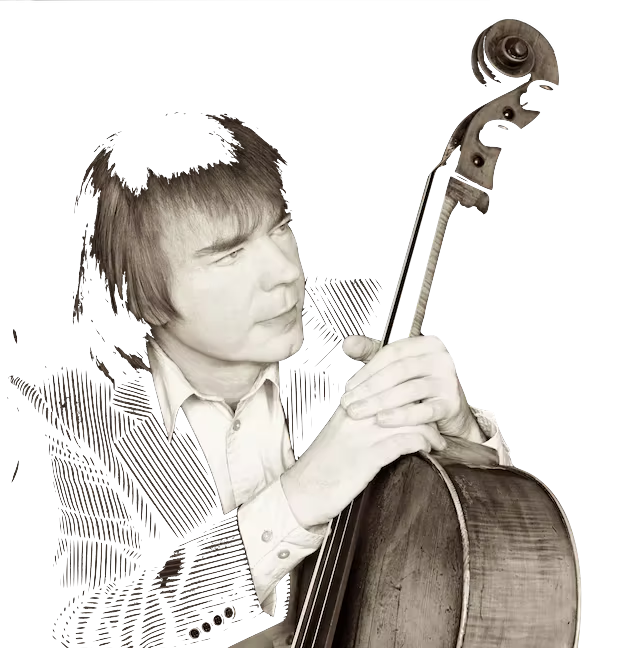The Daily Telegraph 24th November 1975
Vivid reactions to Britten cello works
In the Cello Sonata, where he was joined by Yitkin Seow at the piano, his tone was robust and well varied, though always tending to darker hues. Both artists were best amid the slightly outlandish excitements of the “Moto Perpetuo”.
Britten’s compositional virtuosity is especially apparent in the two unaccompanied Suites, with their fugues and diverse character pieces. Mr. Webber’s own virtuosity was very apparent in both works and he coped admirably with such problems as the extreme dynamic contrasts of No.2’s Declamato while showing a strong affinity with the brooding lyricism of the Lamento in No.1.
M.H.
The Glasgow Herald 24th October 1975
Britten Cellos Suites 1 and 2
At Thursday’s lunchtime concert Julian Lloyd Webber played the two unaccompanied cello suites written by Benjamin Britten for Rostropovich.
Webber is an enormously talented player and these technically very demanding works appear to cause him no problems; playing from memory his intonation was faultless.
As to his interpretations, they were deeply revealing.
Malcolm Rayment
Daily Telegraph 10th October 1975
Masterly Cellist
In the Suite No.1 op.72, Britten’s fertile, questing mind explores the scope and capacity of this instrument in a fascinating way; it demands a highly accomplished technique and a true understanding of the cello’s character. At his Manchester Midday recital yesterday, Julian Lloyd Webber gave a masterly and confident performance of this complex, demanding work. He was in complete control of its variations of technique and mood and sustained its impetus to the end.
Times Educational Supplement 12th January 1973
Britten First Suite for Cello
Each of the two concerts I was able to attend produced a sensation First, the 21-year-old cellist Julian Lloyd Webber, who jumped right in with the first of the cello suites written by Britten for Rostropovich and got clean away with it. However much his amazing technical control dazzled – there seemed to be no limit to the number of things he could do with one instrument and only, two hands – he never let you forget that he was making music, which is a whole lot more important. He is, I believe, related to the composer; I would rather be able to play the cello as well as this than write Gray’s Elegy, or JCS for that matter.
Rodney Milnes


